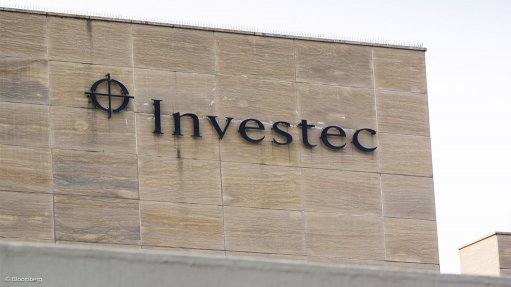
With sustainability and environment, social and governance (ESG) becoming increasingly important considerations for investors, banking and wealth management group Investec South Africa has unpacked the importance of organisations understanding their credentials and goals properly.
Investec deems it important to distinguish between ESG and sustainability, with the former referring to a set of criteria used to assess an organisation’s impact, while the latter relates to the capacity to maintain the interplay of ESG factors and avoid long-term depletion of natural resources.
Importantly, Investec sustainability manager Melanie Janse van Vuuren explains, a sustainability report is not a marketing document and should not focus on corporate social responsibility initiatives.
She says sustainability reports should be transparent about the “bad stuff” such as emissions or other forms of pollution and set actionable remediation goals over defined time periods.
Not every aspect within ESG is significant to every industry; therefore, organisations need to determine the most relevant factors to their organisation and industry for reporting.
Similarly, organisations need to determine what stakeholders are relevant to their operations, as well as their industry, to ensure inclusion and efficient communication with these parties.
Janse van Vuuren admits that it is quite difficult to have one document that speaks to all stakeholders and therefore stakeholder determination and engagement are crucial.
To this end, Investec hosts regular stakeholder engagement sessions, including with the media, to garner inputs on how it can improve its sustainability reporting.
Investec further notes that standard adherence lends credibility to sustainability reports, as well as data accuracy and completeness. The bank often finds that reports lack quantitative information on, for example, the amount of emissions from assets.
Janse van Vuuren points out that an investor such as Investec looks at party verification and the level of auditing a sustainability report has gone through, as well as whether sustainability is entrenched in the governance of the organisation, which is preferred, or whether it is approached as a distinct aspect within the business.
She adds that methodologies for sustainability reporting change often, particularly for climate-related financial disclosures. The standards are also different across countries; therefore, organisations should endeavour to report as best they can for the stage of growth they are at.
Some of Investec’s sustainability achievements include having stopped all limited recourse project financing to new thermal coal mines, while it has committed to zero thermal coal in its loan book by March 2030.
Fossil fuels currently comprise 1.84% of Investec’s loan book, compared with 1.99% in 2022. Particularly, coal makes up 0.10% of all Investec loans.
Investec regards sustainability as an integral part of its business, rather than ancillary to it. The company exists to create enduring worth, including for the societies within which projects and organisations operate.
The group uses four of the United Nations’ Sustainable Development Goals as a guiding framework, with a particular focus on climate action and reducing inequalities.
Investec encourages organisations to keep identifying how best to create a lasting positive impact on people and the planet.
Janse van Vuuren emphasises the need for changed mindsets and the desire to make impactful business decisions that go beyond just sustainability reporting.